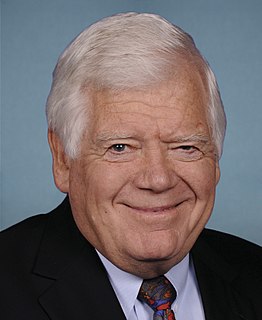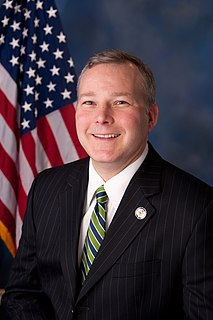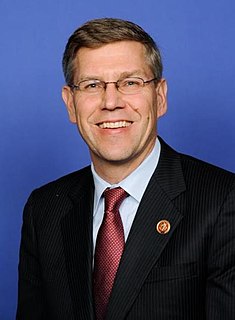A Quote by Paul Broun
One such troubling provision is a tax increase to pay for the $635 billion included in the budget for health care 'reserve funds.' Health care reform is desperately needed in America, but I'm concerned that $635 billion will be a down payment on socialized medicine, causing the impersonal rationing of health care and destroying the doctor-patient relationship.
Related Quotes
If you want to look at a purely socialized health care, you would have to go to the United States, where we have it. In particular, that's the system we reserve for our veterans. So if I hear politicians run down socialized medicine - and I have done that before the Congress - I say: Do you hate your veterans? Why do you reserve purely socialized medicine - there's only the U.S. and Cuba that have that - for the veterans? So getting the terms right would be very, very helpful in our national conversation on health reform.
I have stood on the front lines of the health care system as a doctor, patient and concerned parent. Those experiences have served as my guideposts throughout the struggle to reform America's health care system. And it's those same experiences that tell me that fear and election hysteria should not overshadow the reality of reform.
This is what I would call old politics. This is the stuff we're trying to get rid of. Because the problem is, when we start breaking down into conservative and liberal, and we've got a bunch of set predispositions, whether it's on gun control, or its' on health care, any attempt to do health care is socialized medicine.
As Congress debates overhauling the nation's health care system, it should not authorize a reform plan that would further our financial woes. We must avoid creating an unsustainable government program. There is no question that reform is needed, but health care can be made more affordable without massive and expensive new bureaucracies.
And that means that no matter how we reform health care, we will keep this promise to the American people: If you like your doctor, you will be able to keep your doctor, period. If you like your health care plan, you'll be able to keep your health care plan, period. No one will take it away, no matter what.
































